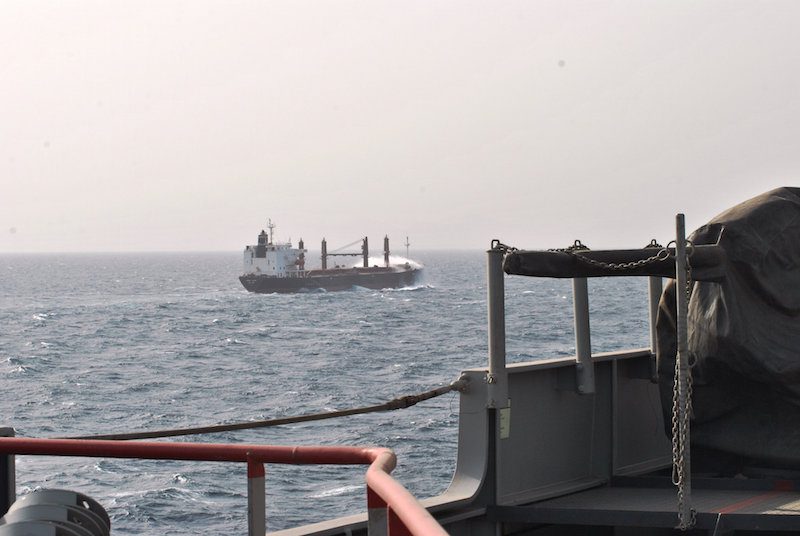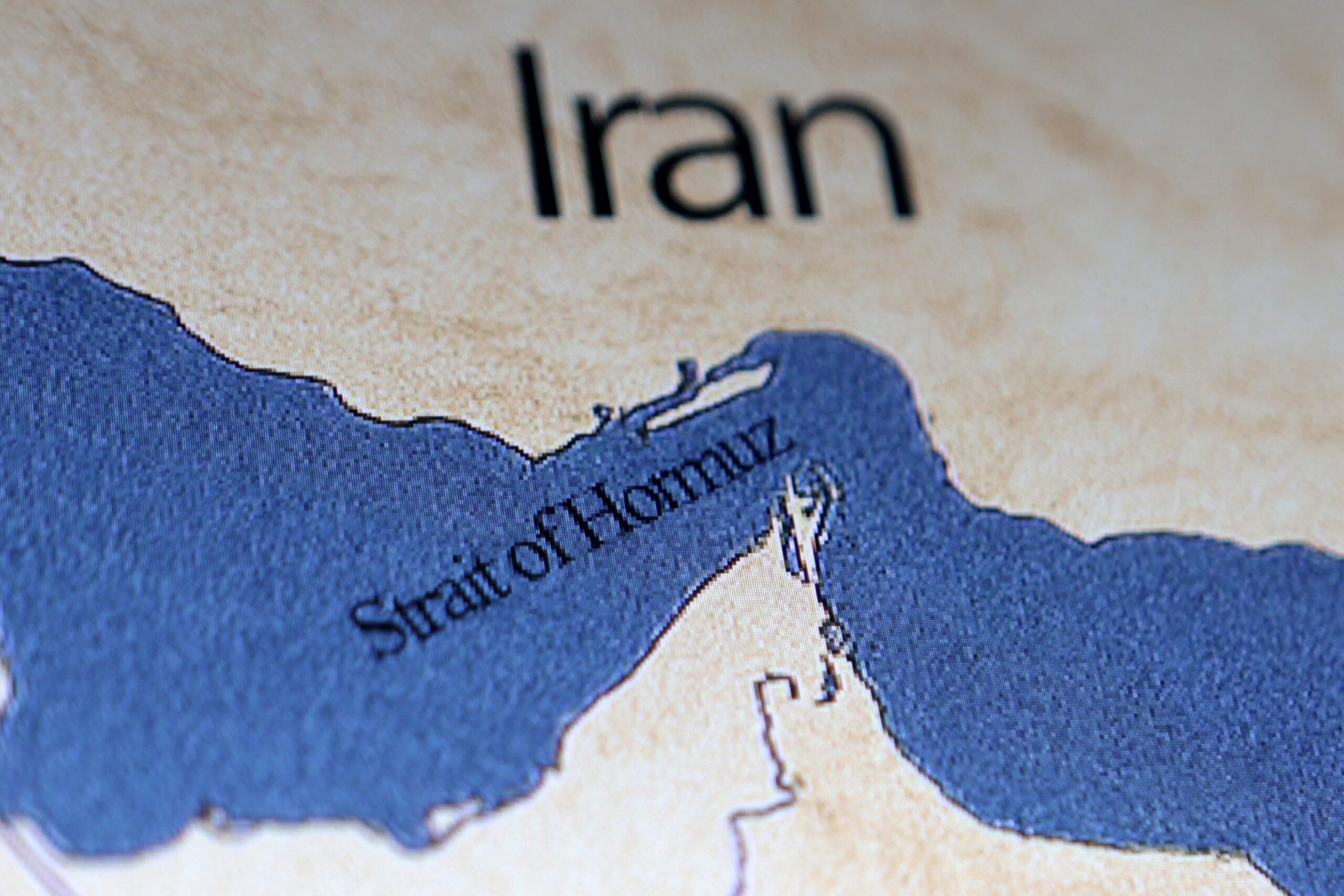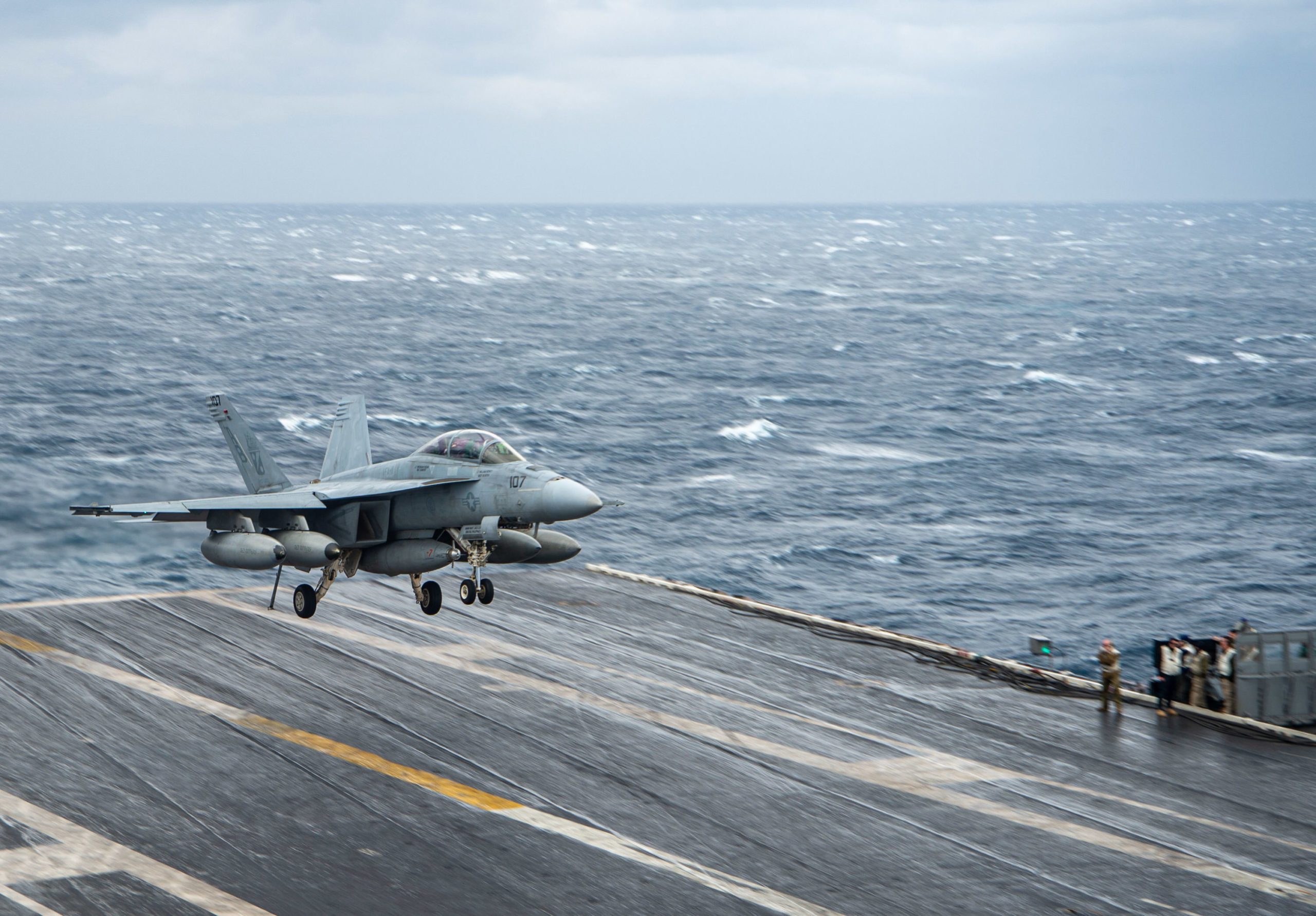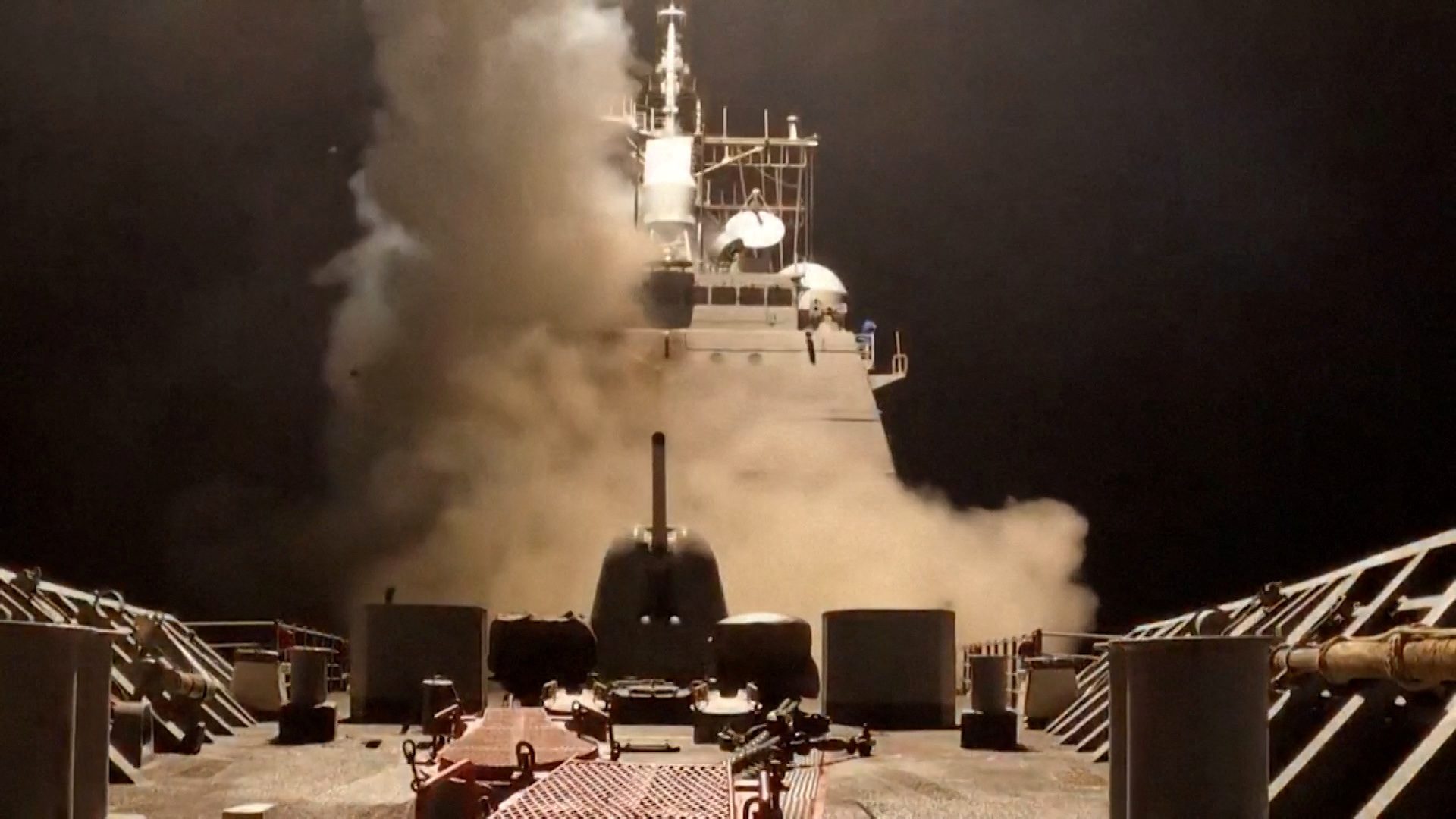By Andrew Gray, John Irish and Sabine Siebold
BRUSSELS/PARIS, Jan 16 (Reuters) – European Union member states have given initial backing to a naval mission to protect ships from attacks by Yemen’s Iran-backed Houthi militia in the Red Sea, European diplomats said on Tuesday, after the launch of a U.S.-led mission in the region.
Many commercial shippers have diverted vessels to other routes following attacks in the Red Sea by the Houthi militants, who control much of Yemen and say they are acting in solidarity with the Palestinians as Israel and Hamas wage war in Gaza.
The diplomats said the bloc’s Political and Security Committee, responsible for preparing foreign and defence policy, had given its initial support for the mission, which would work with like-minded partners.
The objective was to establish it by Feb. 19 at the latest and make it operational soon afterwards. Several diplomats said they hoped the process could be fast-tracked given the tensions in the region. It will be discussed by foreign ministers on Jan. 22.
The European External Action Service (EEAS) -the EU’s diplomatic arm, which proposed the mission – declined to comment on confidential discussions.
The United States last month said it and other countries would patrol the Red Sea in a new mission – Operation Prosperity Guardian – to try to allay fears that disruption in one of the world’s top trading arteries could hit the global economy.
But some U.S. allies, notably European countries, have raised reservations about the plan and baulked at the idea of being under U.S. command.
“The issue is always the command and control and in an EU/NATO framework, each and every nation keeps political control; in a ‘coalition of the willing’, the framework nation is in control,” said one diplomat.
Much of the EU’s trade to Asia transits through the Red Sea and Suez Canal and a growing number of shipping firms have rerouted via South Africa slowing down trade and raising costs.
Three European diplomats said the mission would initially see three vessels under EU command as part of the EU’s so-called Common Security and Defence Policy (CSDP).
Two diplomats said France and Italy, which already have warships in the region, along with Germany, which planned to send the Hesse frigate, would contribute first.
France has said its Languedoc warship is already coordinating with the U.S.-led mission and sharing intelligence.
The mission would be financed by the EU and countries could then rotate ships, contribute as they see fit or just give tacit approval, the diplomats said.
There was still a need to define exactly the rules of engagement beyond patrolling and how it fitted in with other EU missions off the coast of Somalia and in the Strait of Hormuz, the strategic entrance to the energy-rich Gulf region.
The Languedoc has already used missiles to shoot down drones in the Red Sea and the EU mission would approve that, two diplomats said.
More complicated would be whether they would have the go-ahead to board suspicious vessels in case of weapons smuggling to the Houthi rebels.
Italy, Spain and France stood out last week by not taking part in U.S. and British strikes against the Houthis in Yemen and not signing a statement put out by 10 countries justifying the attacks. The Netherlands, Germany and Denmark signed on to the statement.
The divergence highlights divisions in the West over how to deal with the Iranian-aligned Houthis.
(Reporting by Andrew Gray, John Irish and Sabine Siebold; Editing by Andrew Cawthorne, Kevin Liffey and Mark Heinrich)
(c) Copyright Thomson Reuters 2024.
Editorial Standards · Corrections · About gCaptain

 Join The Club
Join The Club












